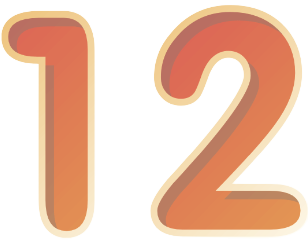EMDR, for when its time to go deeper.
Are nervous thoughts getting in the way of all those experiences that make up a life?
Missing out on a lot of things, because you're paralyzed by What If-ing anxiety?

You've spent too long sitting in small rooms and zooms with therapists trying to explain why you don’t seem to get better.
You tried therapy...
The whole "do meditation, stay active, eat well, and sleep tight" routine hasn't managed to put a lid on the uproar that's been your mental state. You're wondering if you can ever get the volume turned down.
Anyone who’s been in talk therapy for a while and not seeing the results they are hoping for might want to give EMDR a try.
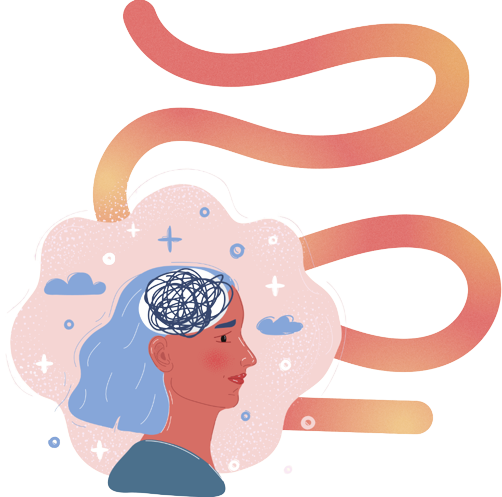
Reset your operating system.
Let’s do some science.
EMDR stands for Eye-Movement Desensitization and Reprocessing.
Through enabling the differing parts of the brain to communicate more effectively, EMDR helps our brain process traumatic memories more effectively.
This is a full-on mission to reprogram the ol' thinker upstairs, so it chills out and stops going into "world's about to end" mode over every little thing.
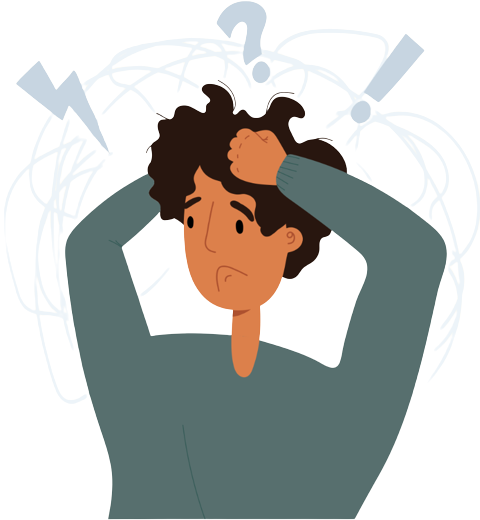
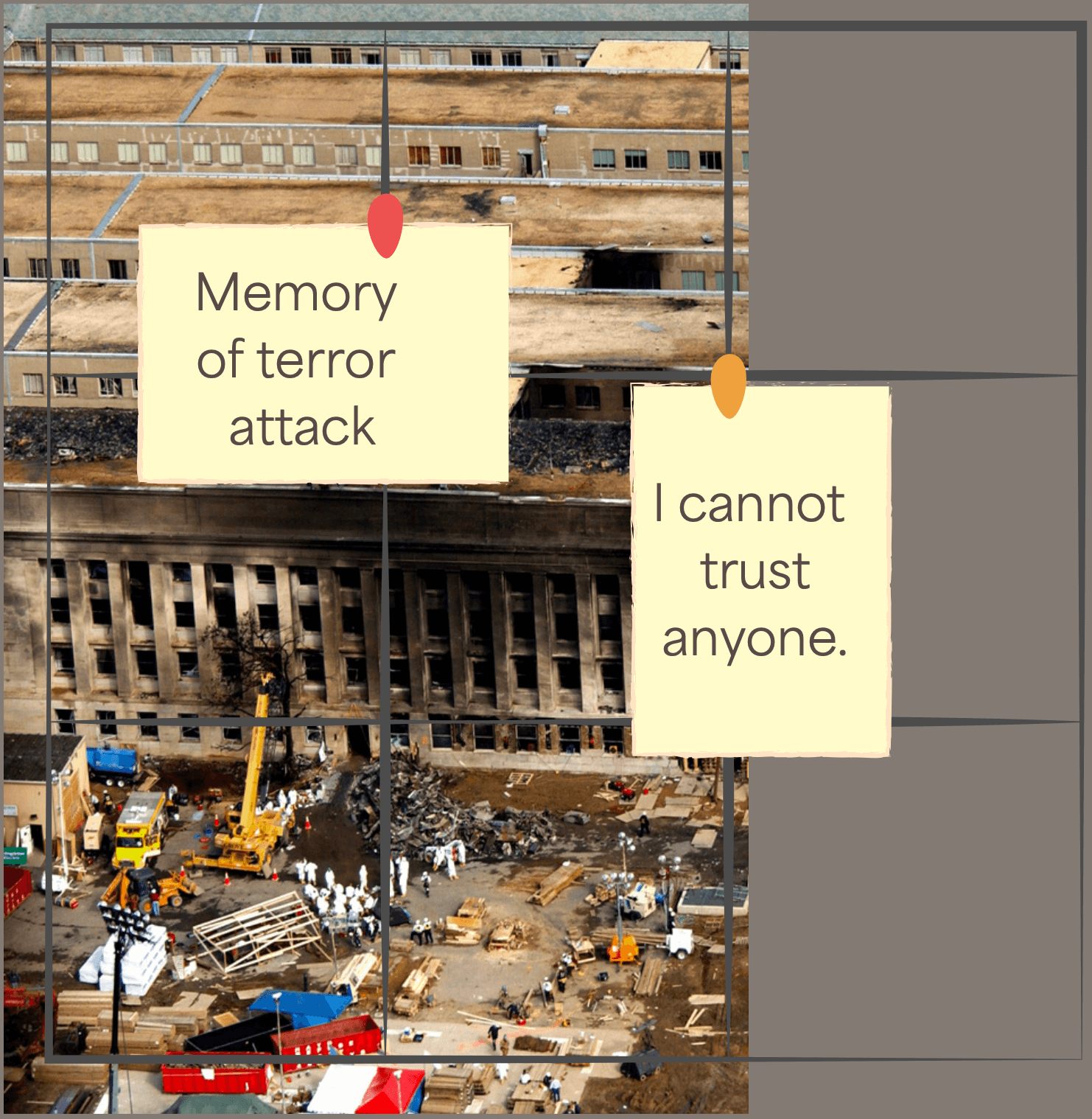
Who's it for?
How does it work?
Why?
Bilateral stimulation (BLS) is the secret sauce of EMDR but what isit?

Therapist moves a finger or light bar back and forth
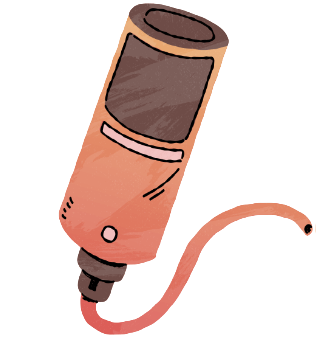
Gentle chimes or other sounds that alternate in each ear

Buzzers that you hold in your hand and pulse back and forth
Sometimes depression and anxiety are only symptoms

And the underlying trauma has to be treated for you to recover.
Sometimes EMDR is best paired with other techniques

Multi-modality therapies seem to work best for complex trauma so a therapist may combine EMDR with CBT and a range of other techniques.
If you are stuck in a terrible place and nothing else is working for you,
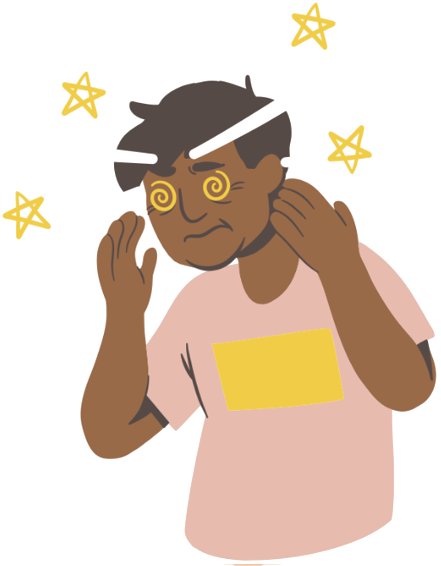
You'll need to rest.
Processing trauma isn't fun.
Timing matters
